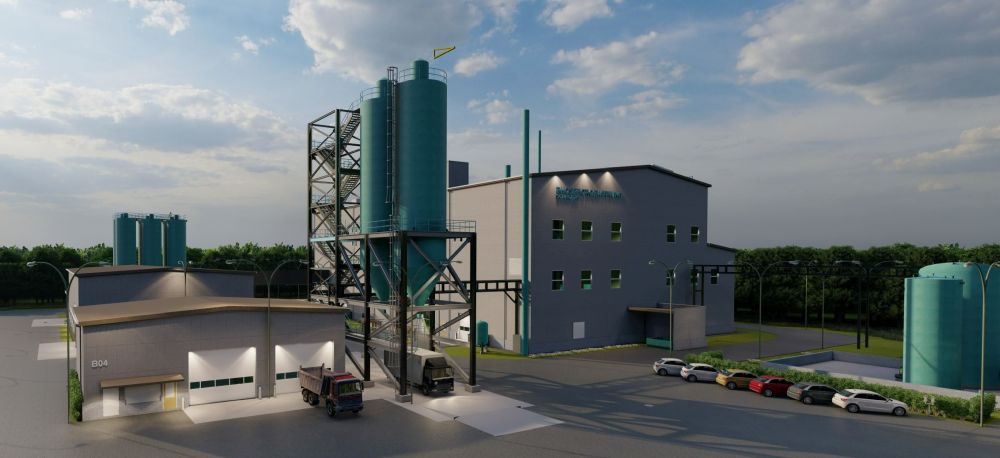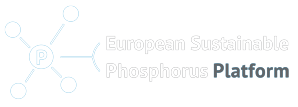Process & contact
Member ESPP, DPP
http://easymining.com
Contact: 
Updated 01/2024
Input materials
Sewage sludge incineration ash
Output products
Calcium phosphate - RevoCaPTM
Product can be used as feed phosphates (subject to legal provisions): shown to be effective as a feed phosphate, soluble in citric acid and digestible for pigs and poultry.
Product can also be used as raw material for NPK fertilizers: 80% soluble in ammonium citrate, not soluble in water
Ferric chloride as a coagulant for wastewater treatment
Aluminium hydroxide or Sodium aluminate as a raw material for coagulants and other industrial applications
Process description
Sewage sludge ash is dissolved in hydrochloric acid (40°C, no pressure).
The residue of ash which is not dissolved in acid consists mainly of inorganic silicates, and after separation and washing can be used in the cement or concrete industries (Ottosen et al., 2021).
Phosphorus, iron and aluminium compounds are separated from the acid leachate and from each other by specific dissolution and precipitation reactions, in processes characterised by internal recirculation of chemicals.
The remaining acid solution is neutralized and treated to remove heavy metals.
Most heavy metals end up in a concentrated heavy metal cake (c. 30 kg DM cake per tonne ash input) that can be landfilled or used for further extraction of metals.
Recovery rate (P in final product / P in input ash): >85%
Recovery rates of iron and aluminium: will vary depending on ash, e.g. c. 20% for iron and c. 40% for aluminium. Further iron can be recovered from the silicates depending on demand and on silica sand colour requirements.
Removal of heavy metals: >96%
Operating status
Pilots in Sweden: Uppsala, 50 kg ash/day ash and Helsingborg, 600 kg/day ash.
Full scale plants:
- 30 000 t/y ash, Helsingborg, Sweden (permit process ongoing), with Kemira - expected to start operation in late 027/2028
- 30 000 t/y ash under construction (pictured below), Schkopau, Germany (with Gelsenwasser), expected to come onstream late 2026/2027
More production sites are being targeted.

